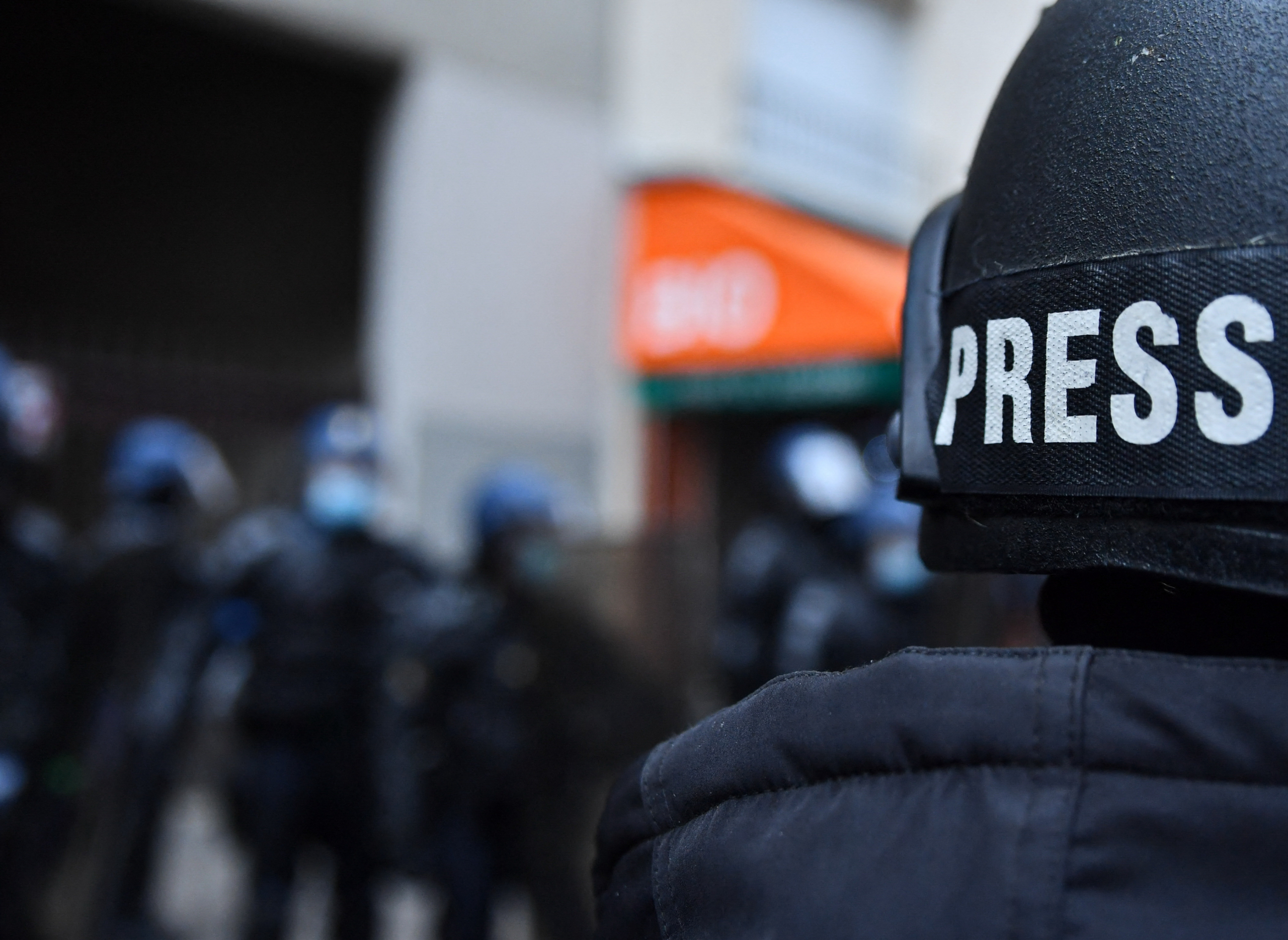Sign up for The Media Today, CJR’s daily newsletter.
A new press credential aims to find a way for reporters to work freely in a more fragmented and hostile media landscape.
The Institute for Nonprofit News (INN) and the Reporters Committee for Freedom of the Press (RCFP) announced this week that they will be providing press credentials for the newsrooms in the INN’s network. Those include Mother Jones, Inside Climate News, ProPublica, and The Marshall Project, among a total of 475 outlets and counting.
“For many traditional media organizations, press credentials have always been handed out, and because those organizations were so well known, that sort of brand recognition gives those reporters and photojournalists a little bit of protection,” Jonathan Kealing, the Institute of Nonprofit News’s chief network officer, said.
“But as we’re seeing the media ecosystem reinvented, many of these newer organizations may not be as well known by law enforcement, or, frankly, may just not have the resources to hand out press passes.” The INN is hoping this initiative can address this gap. The press passes issued by the group will feature the Institute for Nonprofit News name and the individual newsroom names along with photos of the journalists. On the back of the pass will be the Reporters Committee for Freedom of the Press’s hotline number that connects journalists to legal help.
The effort is a response to the steady rise of police violence journalists have faced in the past several years, and to recommendations in a report released by the US Department of Justice last month describing “best practices” for police-press interactions at protests. One recommendation was that journalists wear press credentials.
Kealing recognizes that even with a press pass, journalists are still experiencing obstruction and attacks from police. There are instances of journalists getting their press passes taken away by law enforcement. Many journalists, especially independent and freelance ones, have fought or are still dealing with wrongful charges against them like trespassing or unlawful assembly while on the job wearing press passes. “The report is careful to say that there’s nothing inherent in media that means journalists get special rights, but it does recognize that the media has a specific job to do, and it’s a constitutionally protected job,” Kealing said.
The RCFP, which provides pro bono legal help to journalists, will also be training law enforcement officials on how to recognize and work with members of the media. They hope that they can help familiarize police officers with smaller nonprofit newsrooms. “It will help with how to think about this new breed of news organizations,” Kealing said. “This sort of standardized credential is an indication that these organizations are serious journalists doing serious journalism.”
Has America ever needed a media defender more than now? Help us by joining CJR today.



